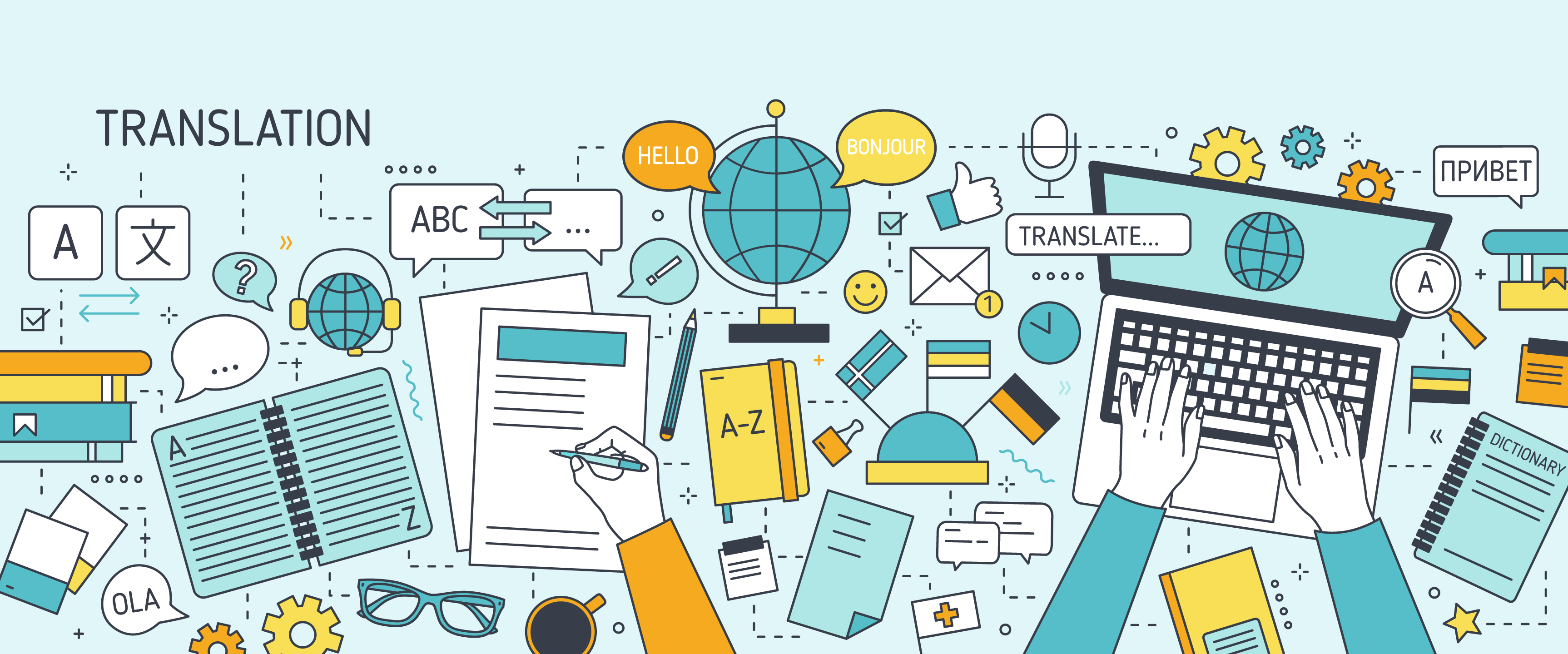Should a translator be a native speaker of your target language?
Medical Pharmaceutical Translations • Sep 15, 2019 12:00:00 AM

Something in a recent article about choosing a translator for your marketing material made me stop in my tracks:
Translations of product descriptions, publications for social media and promotional campaigns…have to sell, charm and win over your target market. This can only be achieved by a native translator.
What struck me was a single word: “only”.
On our blog, we continually write about how vital it is for translators to truly understand their target language, not to mention the culture(s) it’s associated with. But is hiring someone who’s a native speaker of the target language the only way to truly accomplish this? Believe it or not, the answer isn’t as clear as you might think.
For one thing, many translators and linguists will point out that the term “native language” is hard to define. We assume that this is the language someone has spoken fluently since birth. But what about people who moved away from their native country at a young age and grew up in a totally different linguistic environment? Or what about people who leave their birth country, culture, and language as adults and spend decades immersed in another one? Do these people still have the same relationship to the language they were born speaking as someone who remains immersed in it?
On the opposite side of things, what about someone who wasn’t born speaking a language, but learned it at a young age? Or how about exceptional individuals who master a foreign language and are more comfortable in it than they might be in their “native” one? The Russian author Nabokov, who wrote many literary masterpieces including the notorious Lolita in English, is an excellent example of this. But even people in a non-literary field may reach this level of fluency. Translator Roger Hughes mentions a German who the European Commission trusted to translate into English for many years.
Still, you might think, near-perfect fluency isn’t perfect. There might be a few Nabokovs out there, but most of the time, a native speaker will know all the little quirks and rhythmic subtleties of their language better than a foreigner, hands down.
Interestingly, one study shows that this may not be the case. A few years ago, translator Tony Parr and a colleague conducted an experiment at a translation conference. They asked people to rate four anonymous Dutch-to-English translations of a museum brochure. Some of the translations had been done by native English speakers, others by native Dutch speakers. The one that native English speakers preferred – even loved – turned out to have been done by a native speaker of Dutch!
Stylistic debates aside, there is one thing that a native speaker may not be able to translate: highly specialized vocabulary.
I’ve experienced this firsthand. Many potential clients or even friends have asked me to translate French legal documents into English. They’re often baffled when I explain that I don’t do legal translation. Yes, like anyone living in France, I’ve definitely become familiar with many legal and bureaucratic terms. But I haven’t formally studied theme, let alone English legal jargon, and the most I know about the legal system in either country is what I’ve seen in the movies or on TV. If I did legal translations anyway, someone could lose their property, money, citizenship, or worse.
On the other hand, a French native speaker who’d studied international law would be able to translate a legal French document into correct legal English.
This same idea goes for medical and pharma translations, as well. We’ve covered the fact that a staggering amount of average people have trouble understanding medical terminology. This means that giving someone a medical translation job simply because they’re a speaker of the target language probably isn’t the right choice. In this case, you’d want a certified medical translator, native speaker or not.
Another way native speakers may fall short is in their familiarity with the culture behind the language they’re translating from. For example, if you gave the average Spanish speaker from Mexico a document originally written in Spanish from Spain, there might be certain expressions, turns of phrase, and references to objects, experiences, or customs that they don’t know about. A certified translator, on the other hand, will be just as fluent in the languages they’re working with, as the cultures that go with them. And the company they work with should ideally have a localization expert on staff, as well.
So, does all this mean there’s no point in looking for a translator who’s a native speaker of your target language? What it comes down to is what your priorities are for the translation. Here’s an excellent flow chart that can help you determine if a native speaker is needed or not.
Still, what if you’re worried that your translation might have correct terminology but its overall language might sound stiff or strange to native speakers? Or what if a non-native speaker who’s a specialist in your industry’s terminology has no idea about the target culture?
Both of these are important concerns. Luckily, there’s a solution: Hire a company that uses a translation team, which may include native speakers as translators or in the review process.
Whatever option you go with, remember to judge a translator on their knowledge and training, not the language they heard when they were born. Hughes sums it up perfectly: “It’s best to use someone who is a good translator.”
#aiatranslations #nativelanguage #nativespeakertranslator #translate
